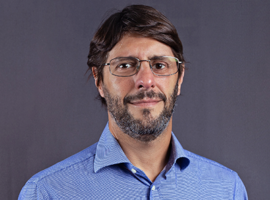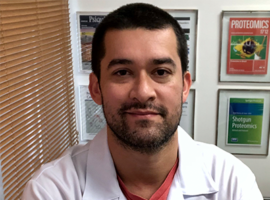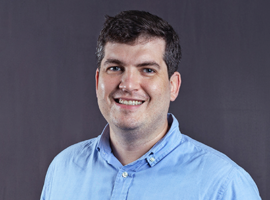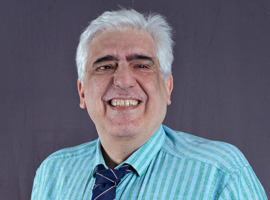- PT
- |
- EN
Our team of neurologists, psychiatrists, biologists, psychologists, and other specialists study the development of the nervous system and its functioning under normal and pathological conditions.
Neuroscience research has been one of IDOR’s flagships since its inception. One of the main aspects of this area of research is the use of reprogrammed cells and brain organoids to study the development and diseases that affect the central nervous system. Epithelial cells extracted from the urine or skin of volunteers are induced to return to the embryonic stage of stem cells, capable of transforming into any human tissue, including brain cells. Cultivated in the laboratory, these cells form cerebral organoids – also known as mini-brains – which make it possible to study in detail the development of the central nervous system and also the impact of viruses such as Zika and Sars-Cov-2, the manipulation of genes, and the effects of drugs on the functioning of nervous tissue.
Another important line of research developed by IDOR in the field of neuroscience is neuroimaging, particularly applied to the study of brain plasticity – the ability of the human brain to adapt to adverse situations. The integration of imaging results with clinical, genetic, and laboratory data allows for an in-depth study of diseases of the central nervous system in three main areas: neurodevelopmental disorders, rehabilitation, and plasticity in aging.
Using functional magnetic resonance imaging, researchers can identify the connection routes between different parts of the healthy brain and in pathological situations. Among the conditions studied are dysgenesis of the corpus callosum, strokes, and phantom limb syndrome, which can arise after an amputation.
IDOR scientists are also studying new techniques to help patients recover their brain function. One of the techniques is neurofeedback, which uses functional magnetic resonance imaging to show patients their brain activity and encourage them to control it.
The study of learning disorders and possible interventions is also part of IDOR’s neuroscience research. One example is the development of software to help neurotypical children with dyslexia and other disorders learn to read.
At the Center for Applied Neuropsychology (CNA), IDOR combines scientific research and clinical care, offering neuropsychological investigation services to children, adolescents, and adults with suspected learning and attention disorders, behavioral problems, and memory difficulties, among others. The CNA’s multidisciplinary team leads research projects on attention deficit hyperactivity disorder and Alzheimer’s disease.

Research
A study coordinated by IDOR aimed to understand how lifestyle affects symptoms within the obsessive-compulsive spectrum, such as OCD and body dysmorphic disorder
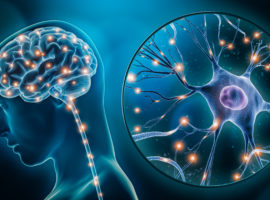
Research
A study conducted in partnership with the D’Or Institute for Research and Education (IDOR), Federal University of São Paulo (UNIFESP), Federal University of Rio de Janeiro (UFRJ), and State University of Campinas (Unicamp), published in the scientific journal Cell & Bioscience demonstrated protein alterations in the nervous system that may be involved in the onset […]

Event
This Thursday, 11/24, the D’Or Institute for Research and Education (IDOR) received at our head office in Botafogo/RJ an international guest, Dr. Marta Ribasés presented a lecture for the listeners. The meeting took place in the Auditorium for the present public and online for remote participants. The introduction fell to Dr. Paulo Mattos, a research […]
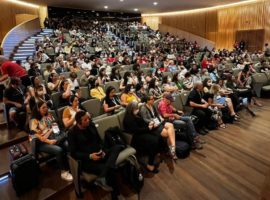
Event
Between the 17th and 19th of November, the V Annual Meeting of Rede Nacional de Ciência para Educação took place at the Museum of Tomorrow, in downtown Rio de Janeiro. The event was attended by Doctor Roberto Lent, neuroscientist from the D’Or Institute for Research and Education (IDOR) and coordinator of Rede Nacional de Ciência […]
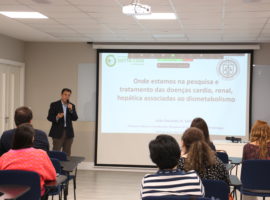
Event
Last Monday, 11/07, the D’Or Institute for Research and Education (IDOR) received Doctor João Eduardo Nunes Salles at our head office in Botafogo/RJ, for a lecture. The meeting took place in the Auditorium and online for remote participants. The introduction fell to Dr. Fernanda de Felice, a researcher at IDOR. João Salles is a doctor […]
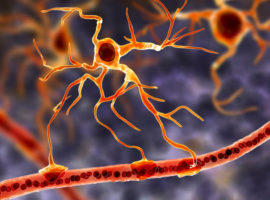
Research
Characterized by several behavioral and cognitive symptoms, schizophrenia is a mental disorder that affects about 0.5 to 1% of the world’s population. The mechanisms involved in the onset of the disease are still unclear, but deficits in neurological development, changes in the neurotransmission system, and immunological disorders are conditions related to the diagnosis. To further […]
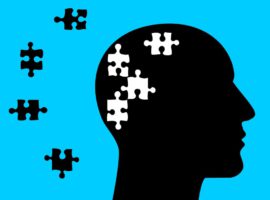
Research
A study with the participation of IDOR discovered positive actions of lipoxin A4 on cognitive brain functions and the endocannabinoid system. Researchers from the D’Or Institute for Research and Education (IDOR) have just published a study in the scientific journal Translational Psychiatry that sought to elucidate the mechanisms involved in cognitive deficits in human aging, […]
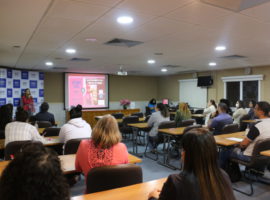
Event
This Monday, 10/03, D’Or Institute for Research and Education (IDOR) held the Workshop: Pink October at IDOR, at our head office in Botafogo/RJ. The event took place in a hybrid way (virtually and with the public present in our auditorium), and the event opening was the responsibility of Dr. Fernanda Tovar-Moll, president of IDOR. The […]

Research
A study conducted in partnership with IDOR sought to elucidate biomarkers of the onset of late-life depression. According to the World Health Organization (WHO), depressive disorders have a higher prevalence in adults between 55 and 74 years old. Severe depression in the elderly, also called late-life depression (LLD), has a prevalence of 9 to 45%. […]
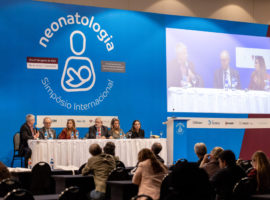
Event
From August 25 to 27, 2022, Rede D’Or and Instituto D’Or held the International Symposium of Neonatology. The first international neonatology event of Rede D’Or, which has 22 maternity hospitals throughout the country, celebrated the incorporation of the Perinatal Maternity in Rio de Janeiro and the launch of the Star Maternity in São Paulo and […]

Research
Dementia syndrome that affects language is the subject of a study by IDOR, which is in the process of recruiting patients. Dementia is a neurodegenerative condition comprising a large number of diseases. Despite being grouped under the same term and having some characteristics in common, there are dozens of diagnoses of dementia, and the recognition […]
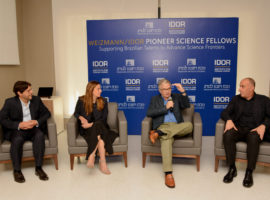
Event
The inter-institutional collaboration supported by the Pioneer Science Initiative will offer 15 postdoctoral fellowships at the Weizmann Institute of Science (WIS), ranked by the Nature Index among the best research centers in the world. Promoting advanced training of young Brazilian scientists abroad, and with the aim of bringing them back to Brazil to accelerate the […]
| Cookie | Duration | Description |
|---|---|---|
| cookielawinfo-checkbox-analytics | 11 months | This cookie is set by GDPR Cookie Consent plugin. The cookie is used to store the user consent for the cookies in the category "Analytics". |
| cookielawinfo-checkbox-functional | 11 months | The cookie is set by GDPR cookie consent to record the user consent for the cookies in the category "Functional". |
| cookielawinfo-checkbox-necessary | 11 months | This cookie is set by GDPR Cookie Consent plugin. The cookies is used to store the user consent for the cookies in the category "Necessary". |
| cookielawinfo-checkbox-others | 11 months | This cookie is set by GDPR Cookie Consent plugin. The cookie is used to store the user consent for the cookies in the category "Other. |
| cookielawinfo-checkbox-performance | 11 months | This cookie is set by GDPR Cookie Consent plugin. The cookie is used to store the user consent for the cookies in the category "Performance". |
| viewed_cookie_policy | 11 months | The cookie is set by the GDPR Cookie Consent plugin and is used to store whether or not user has consented to the use of cookies. It does not store any personal data. |




